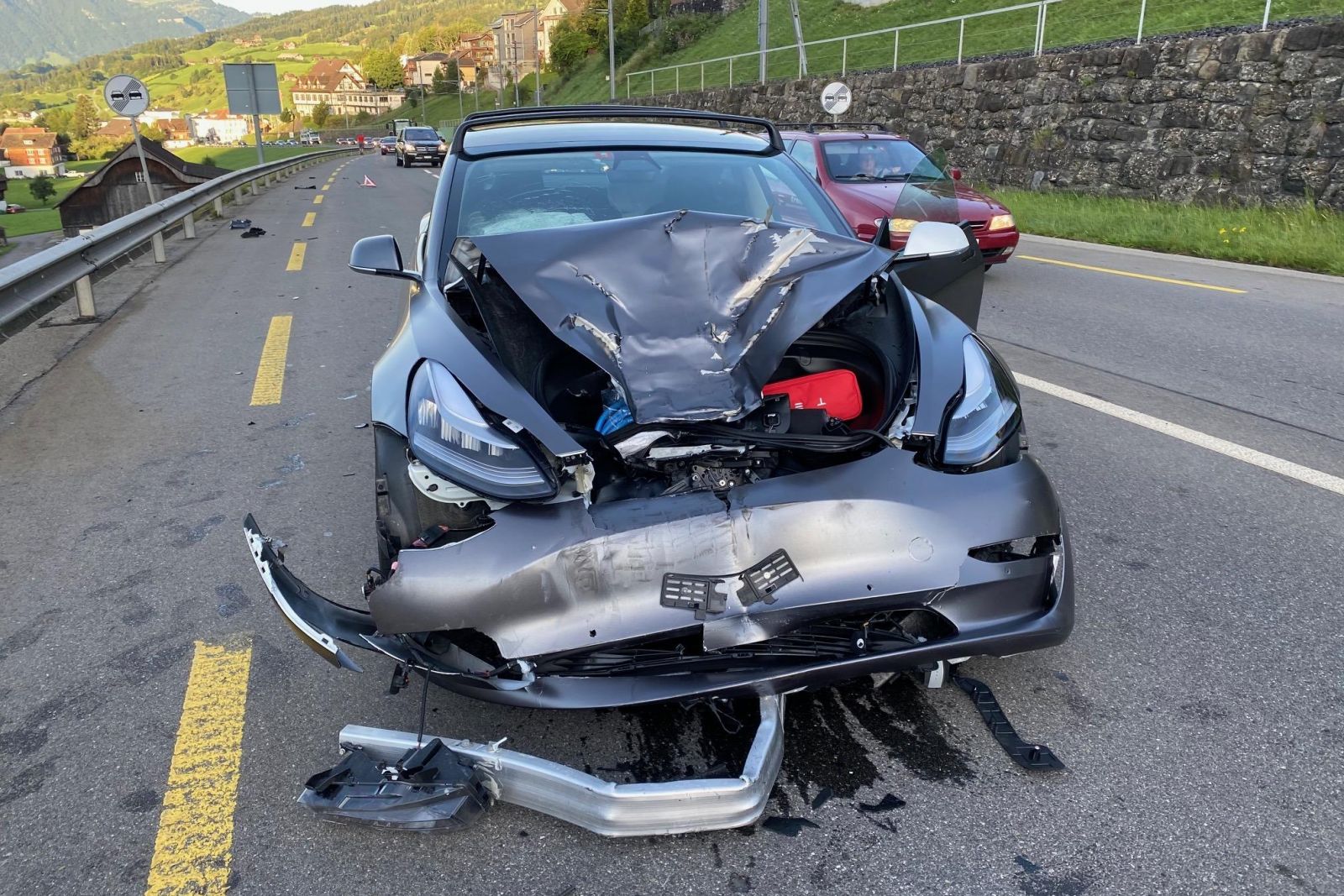A recent trend among insurance companies has left many electric vehicle owners concerned, as insurers are increasingly declaring entire EVs as total losses due to the high costs of replacing their battery packs.
This development has stirred up a debate about the long-term viability of EVs and the true costs associated with their ownership.
According to AutoBlog, the issue stems from the fact the cost of replacing an EV’s battery pack can be prohibitively expensive, often ranging from $20,000 and up depending on the make and model.
In some cases this can represent a significant portion of the car’s overall value, often around 50 per cent. Consequently, insurers are more likely to consider the vehicle a total loss, opting to pay out the claim and dispose of the car rather than cover battery replacement costs.
“We’re buying electric cars for sustainability reasons,” said Matthew Avery, research director at automotive risk intelligence company Thatcham Research. “But an EV isn’t very sustainable if you’ve got to throw the battery away after a minor collision.”
The trend has highlighted an unanticipated downside to the rapid adoption of electric vehicles, which have been widely praised for their environmental benefits and potential to reduce dependence on fossil fuels.
While the initial purchase price of an EV may be higher than that of a comparable petrol or diesel-powered vehicle, lower fuel and maintenance costs have often been touted as factors to help offset the higher upfront cost.
However, the issue of expensive battery replacements has now cast doubt on these claims.
Owners of older EV models with aging battery packs are particularly vulnerable to this problem, as the cost of battery replacement can easily exceed the market value of the car itself. This has led to a growing number of electric vehicles being declared total losses and subsequently being taken off the road.
The insurance industry’s handling of these cases has raised eyebrows among consumer advocates, who argue the practice is unfairly penalising EV owners. Some have called for insurance companies to revise their policies to better accommodate the unique circumstances associated with electric vehicle ownership, including offering specialised coverage options for battery pack replacements.
EV brands such as Tesla with their 4680 battery cell are slowly moving to integrated cells that form part of the vehicle’s structure. This arrangement makes it hard for faulty cells to easily be replaced or minor damage rectified.
Despite the challenges posed by battery replacement costs, the electric vehicle market is continuing to grow rapidly, driven by the global push towards greener transportation solutions. Governments and manufacturers around the world are investing heavily in the development of new battery technology, aiming to improve both the cost and performance of EVs in the coming years.
However, as the current situation unfolds, it remains to be seen how insurance companies will adapt their policies to better serve the evolving needs of EV owners.
We found the cost of insuring an electric vehicle become significantly more expensive recently. In some cases some insurers refused to insure particular electric car brands like Tesla because of uncertainty around repair costs.
In response to the controversy, some industry stakeholders have suggested the development of a robust secondhand battery market could help to alleviate the problem. By providing more affordable options for EV owners in need of battery replacements, this market could potentially reduce the number of vehicles being declared total losses by insurance companies.
As electric vehicles continue to gain popularity and become an increasingly significant part of the automotive landscape, it is clear that the insurance industry will need to adapt to the unique challenges they present.
For the time being, however, many EV owners are left feeling the pinch as they navigate the complex and often costly world of battery replacements and insurance claims.



